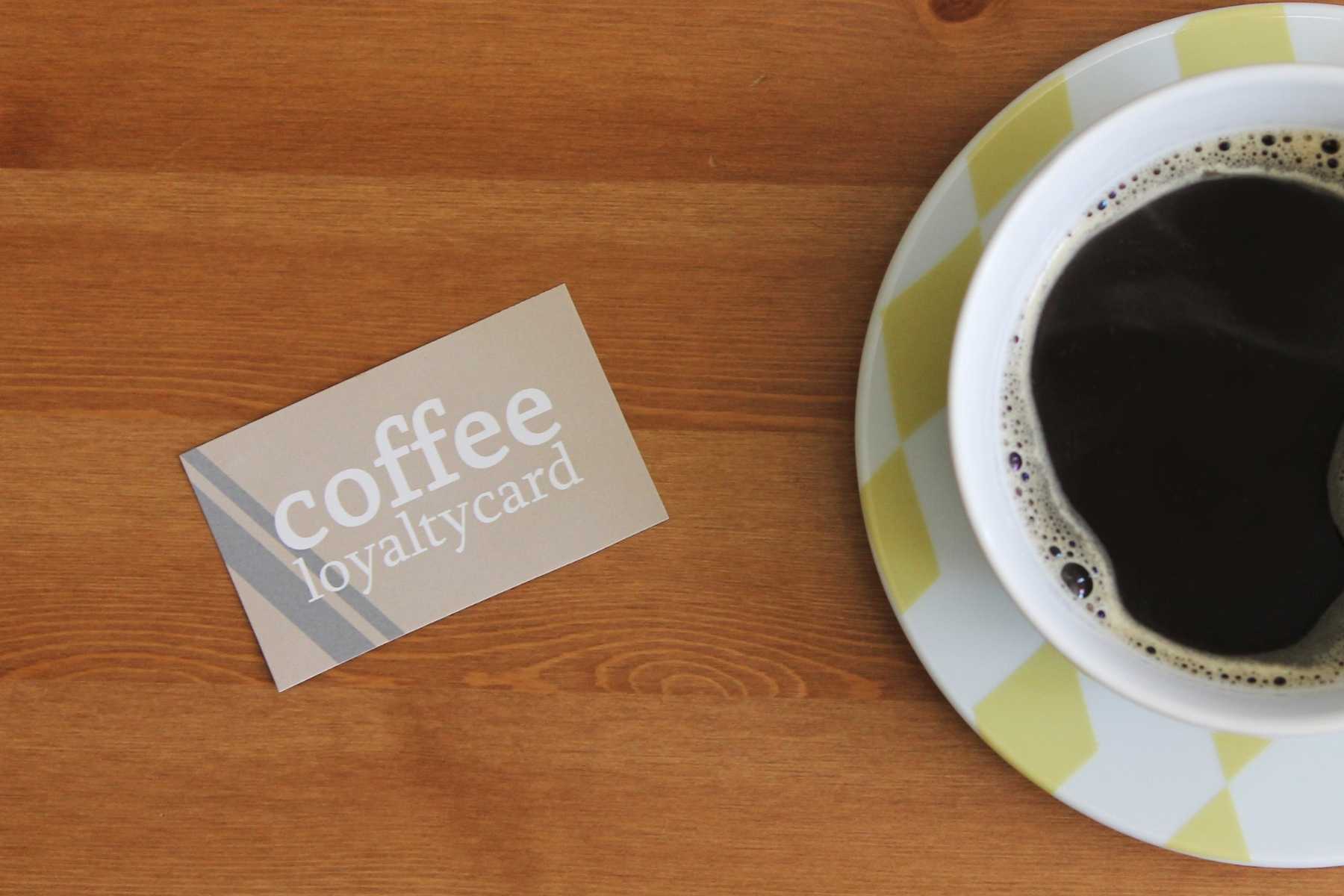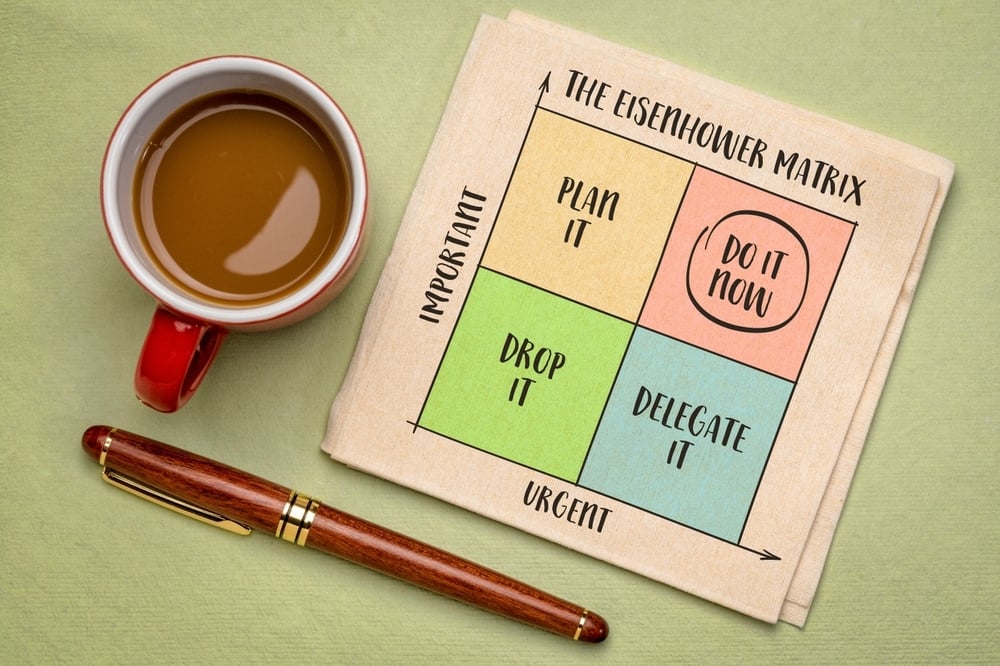
The benefits of customer loyalty and how to develop it in 2024
by The Alternative Board (UK)
Listen to Audio Version:
As said by Ed Reid, our MD, on loyalty points: “loyalty is a subject that has been discussed for as long as people have been talking about business.”
Building customer loyalty is one of the most valuable things a business can do.
Quite often, when businesses grow and develop, there is a strong focus on customer acquisition.
However, ensuring that your customers are loyal to your brand is arguably more valuable and cheaper.
Definition of customer loyalty
Customer loyalty is the process by which a consumer develops a long-term relationship with a brand and will continue to return to them for their products and services after multiple positive experiences.
The key for brands to develop this customer loyalty is to put strategies in place, such as loyalty programs, to increase the likelihood of retaining their customers. This customer retention can significantly impact business growth and bottom-line profitability.
Five benefits of customer loyalty
1. They keep buying from you

It might be obvious, but if a consumer enjoys their experience with a brand, they are more likely to buy from them again long term.
Say you had an excellent dining experience at a local restaurant, you would be more inclined to dine there again than somewhere that served you a rubber band in your salad (that really happened to an employee here at TAB (The Alternative Board) UK!)
If you focus on customer loyalty, people will come back time and time again.
2. They recommend you to others
And as we work with many business owners, we know that referrals are often the highest-quality source of new business.
 To return to the restaurant example, how often have you recommended a restaurant you enjoyed or even taken people there for dinner? That is why customer loyalty is so beneficial.
To return to the restaurant example, how often have you recommended a restaurant you enjoyed or even taken people there for dinner? That is why customer loyalty is so beneficial.
Not only do you have the same customers returning, but they bring new ones along with them, so improving the customer experience is essential.
An easy way to track this is through customer surveys to determine your Net Promoter Score (NPS).
3. Customers are more likely to try your other products and services
Successful businesses are constantly evolving, often launching new products and services.
Another wonderful thing about loyal customers is that they are more likely to invest in those other things your company offers.
So, let us stick with our restaurant. What if the restaurant launched a sister premises in another part of town, expanded into a different city, or adapted to serve from a van at a local festival? Wouldn’t you be more likely to choose them over their competitors because you trust them and know you’ll get good food and service?
Once customers develop trust with a brand, they’ll often try everything they can throw at them.
4. Lower cost of customer retention

As already mentioned, it is a lot cheaper to develop loyal customers than to acquire new customers.
Customer acquisition can be as high as 25 times more expensive. Consider all the hefty budgets you must put into marketing and sales. It’s still important to do this to avoid your pipeline drying up, but by developing loyal customers, you develop a trustworthy, cheaper, and more reliable source of income. This improves your cash flow margins and bottom line and helps you sleep at night.
5. Great source of social proof
Speaking of marketing, loyal customers are valuable to help develop your core brand messaging with strong social proof.
Customers who love your brand and have developed strong emotional connections with you will jump at the chance to sign your praises through case studies, reviews, and testimonials.
These could be Google, Trustpilot, or Facebook reviews, for example. Using these as credibility markers on your website and in marketing collateral is important for people’s buying decisions when considering your brand.
4 tips for developing customer loyalty
So, how can you and your business develop customer loyalty to experience these benefits?
1. Go the extra mile
Given the two years we have just had, to develop customer loyalty, brands must be empathetic and genuinely interested in their customers more than ever.
There are more specific things you can do to foster customer loyalty during uncertainty, but in general, you need to go the extra mile for your customers. Be genuinely interested in them and their challenges and needs, and make sure to address them in a way that makes it as stress-free for them as possible.
Say thank you on a regular basis by providing vouchers for their loyalty, a handwritten note or a gift for a special occasion. Do everything you can to demonstrate how much you value their custom, and they are more likely to return.
2. Cater for regular feedback
Giving your customer base the opportunity to have their say will increase customer loyalty.
Regular feedback surveys or informal conversations allow them to express what they do or do not like about your product or service. Not only does this constructive criticism help you to improve, but it also lets your existing customers know their voice is being heard. Tools like SurveyMonkey offer easy, affordable ways to gather customer engagement and feedback.
Alternatively, you can let customers know you are open to any feedback they might have at any time and give them an appropriate avenue to do that, such as through a dedicated social media channel. If you ask for feedback, don’t forget to go back to customers to let them know how you have dealt with comments or suggestions for improvements they’ve made.
3. Start a customer loyalty scheme
Larger businesses can look to create elaborate loyalty schemes or reward programs.
Customer loyalty program examples
Tesco Clubcard
A notable example is Tesco’s Clubcard. There is a reward for shopping with them, whether that is a trip to Alton Towers or vouchers for your favourite chained restaurant.
Starbucks Rewards
Another example of a customer loyalty program is Starbucks Rewards.

Most coffee shop chains or even independents have some sort of loyalty card or program, but Starbucks takes it a step further with its Rewards App.
Not only do you collect stars, and 150 gives you a free drink, but there are different levels of rewards, including a birthday drink if you’re a gold-level member.
Boot's Advantage Card
Boot’s advantage card is another fantastic example of building customer loyalty by rewarding customers as they shop. Their website says:
"Get more out of your Boots shop for less! By signing up for a Boots Advantage Card, you can collect points as you spend, save them up and spend your points on even more treats from Boots. With an Advantage Card, you will collect 4 points for every £1 you spend when you present your card in-store or connect your Boots card to your boots.com account."
4. Recommend other services to your customers
One of the important parts of building positive customer relationships is putting their needs first.
So, returning to our restaurant example again. If you were an Italian restaurant, but a customer is looking to eat Chinese food, make recommendations to address their needs. By doing this in a friendly, non-sales way, you have given them helpful advice and improved their perception of your business. This means they are more likely to return to you when they want Italian!
So, do not shy away from being helpful and open when they are looking for something outside of your business offering. The customer and supplier relationship goes both ways. You cannot expect their loyalty if you are unwilling to help them when they need something different.
Conclusion
By considering these tips, you should start to experience some of the benefits of customer loyalty and have a smoother journey towards business growth.
Recommended resources on customer loyalty
If you are looking to dive even deeper into focusing on customer loyalty and developing true brand advocates, we recommend the following books:
- The referral engine by John Jantsch
- Customer Loyalty: how to earn it, how to keep it by Jill Griffin
- The Nordstrom Way by Robert Spector and Patrick D. McCarthy
Thank you to the following contributors to this blog: Tom Morton, Jonathan O'Shea, Ishaun Sahni, Martin Munro, and David Abbott
Related articles

How AI Can Help You Understand Your Customers Better Than Ever Before
Discover how AI can revolutionise customer understanding, drive personalised experiences, and boost customer loyalty with advanced tools and techniques.

How to Apply the Customer Loyalty Ladder to Your Business 2024
This is a complete guide to the customer loyalty ladder & how to apply it to your business. Learn about the customer loyalty ladder with this in-depth post

Customer Loyalty Cards: How to Retain Clients in 2025
Learn how customer loyalty programmes can boost retention and revenue in 2025. Learn the best loyalty card systems, from stamp cards to digital apps.





